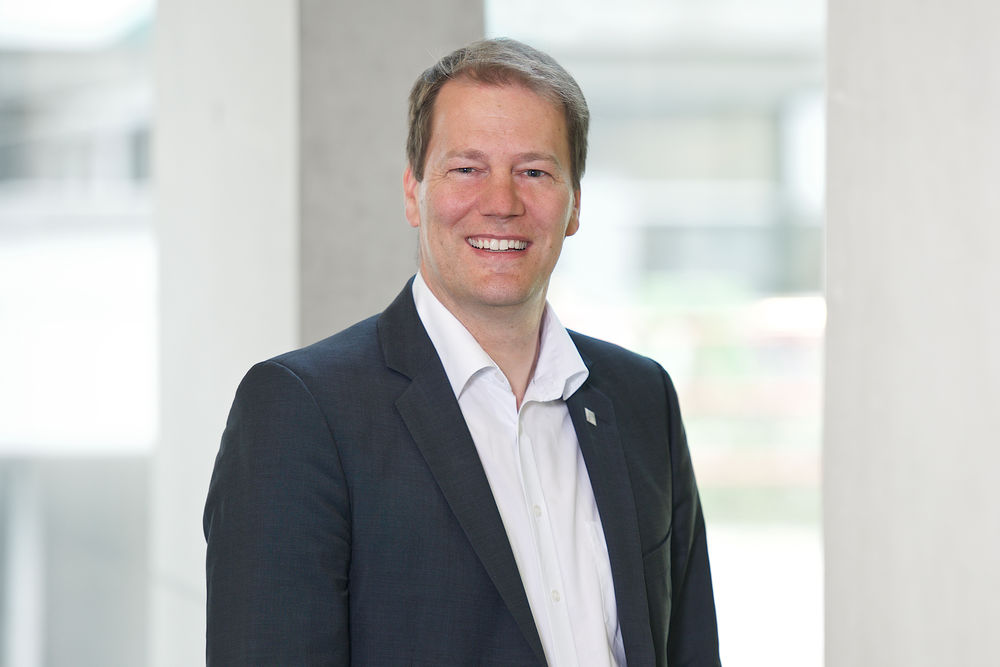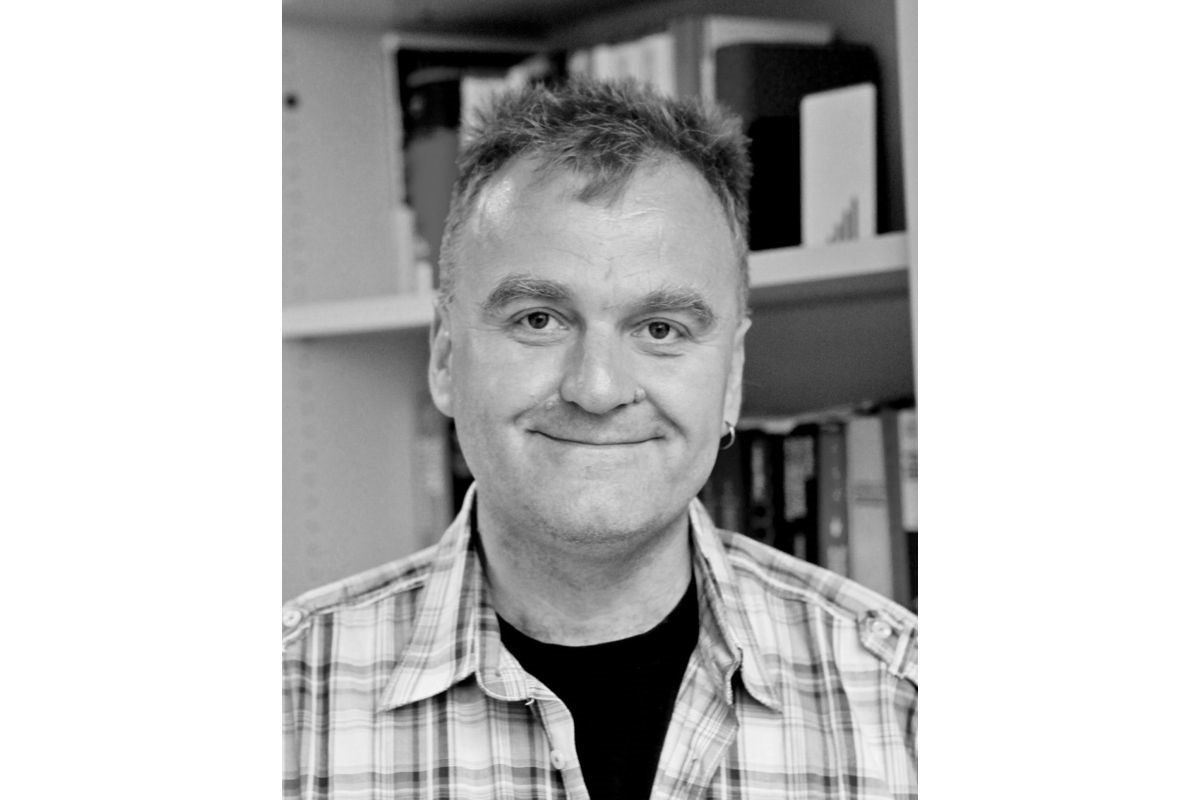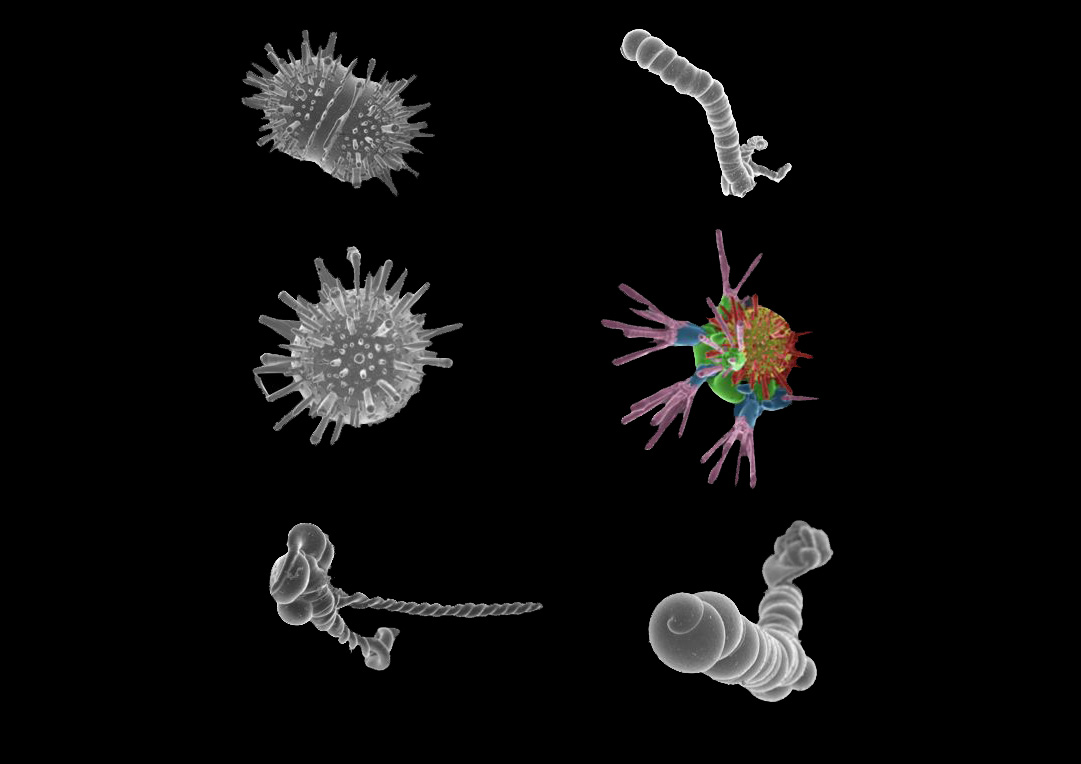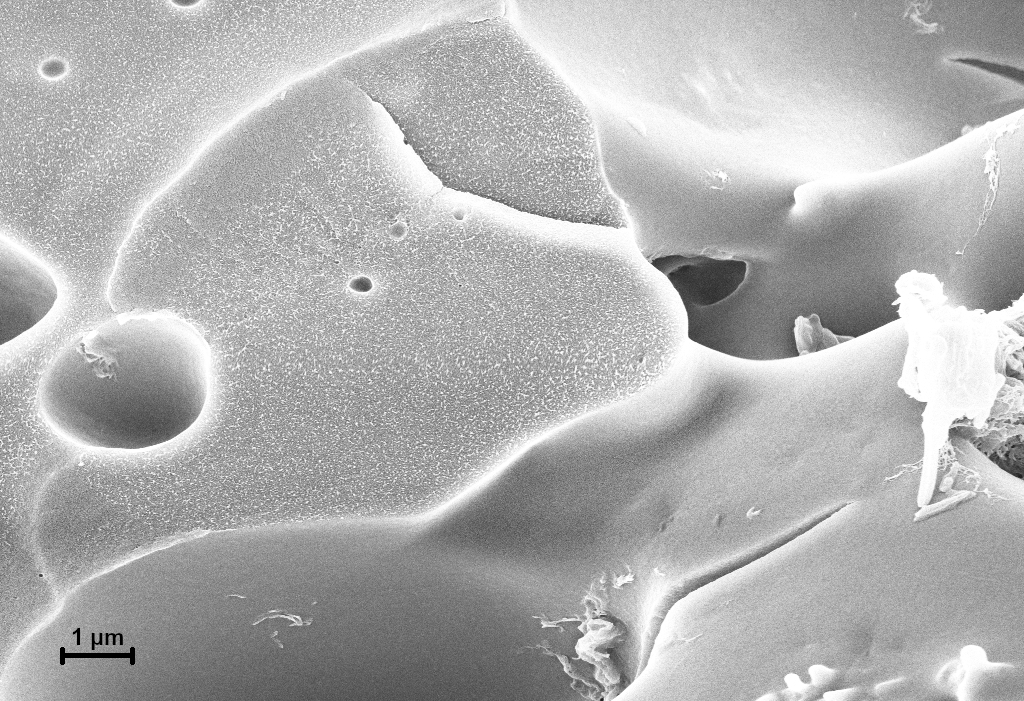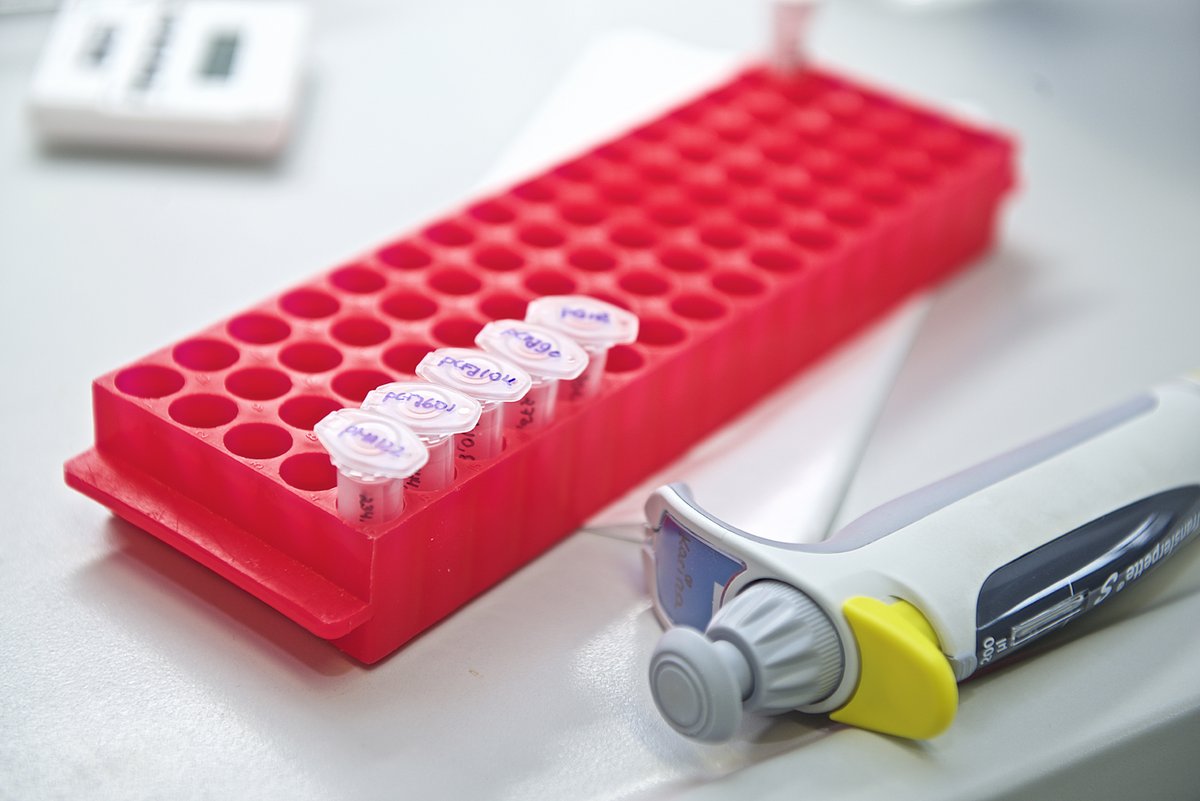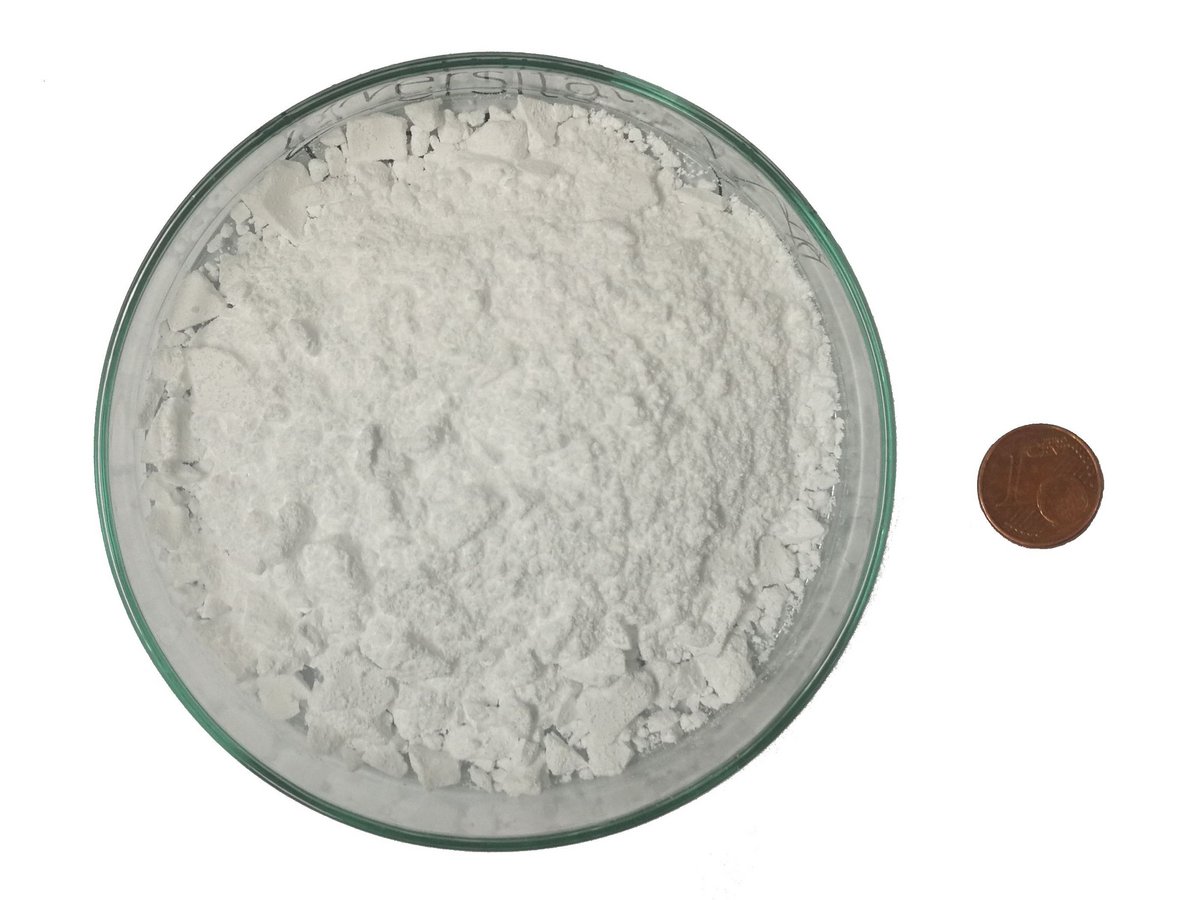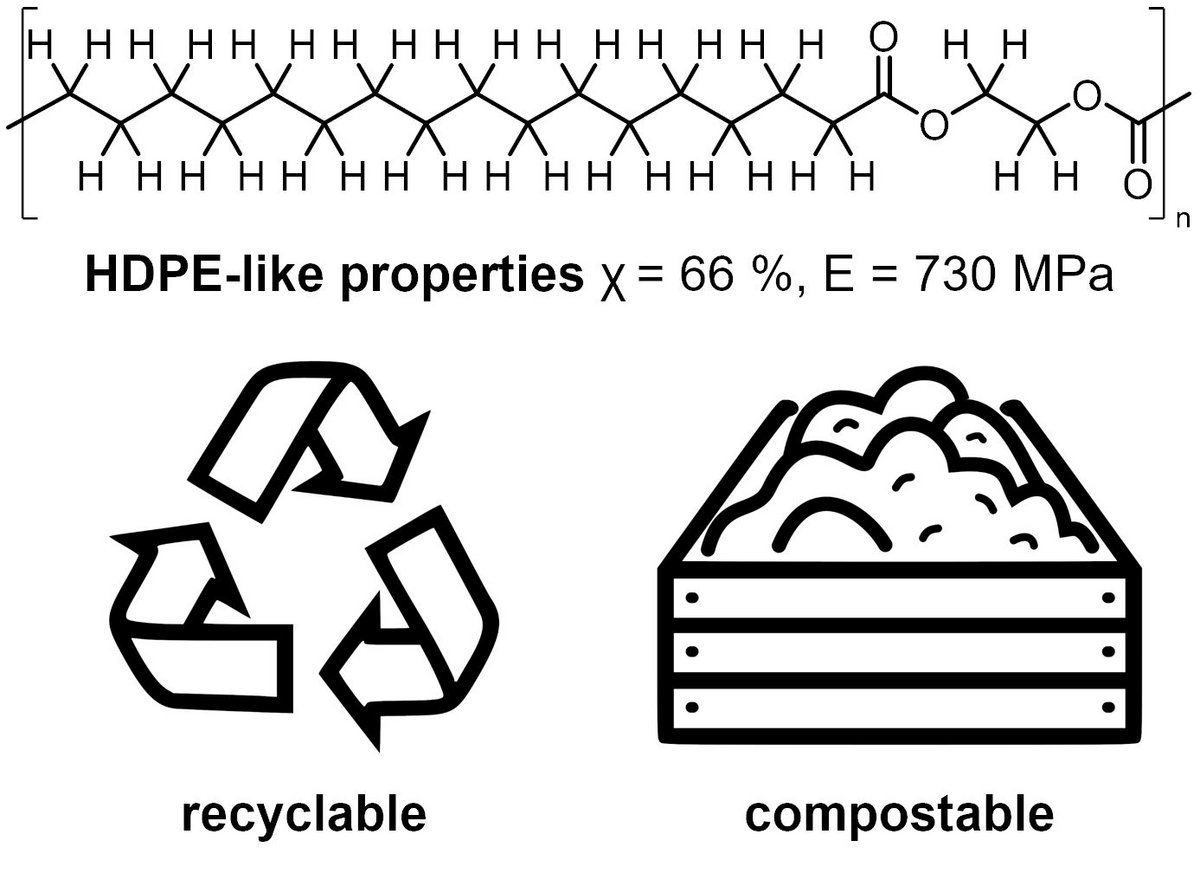
Prize from the Heidelberg Academy of Sciences and Humanities for chemist from the University of Konstanz
Konstanz chemist Natalie Schunck was awarded the Karl Freudenberg Prize last weekend. The award from the Heidelberg Academy of Sciences and Humanities recognizes her work studying diatoms as producers of sustainable chemicals.
Read more

![[Translate to Englisch:]](/fileadmin/_processed_/a/9/csm_mechanismus-2_03e9820478.jpg)
